
How to Master Portuguese Verb Conjugation
Portuguese verb conjugation can be daunting for language learners, no doubt. But with the right approach and consistent practice, you can most definitely overcome it. And believe…

What Language Do They Speak in Portugal? Asking the Important Questions
Ah, Portugal. Land of sun, surf, and… what language was it again? That’s right, folks, it’s time for another installment of “Geography for the Slightly Bewildered”! Today’s…

Portuguese-Spanish Cognates
Being already familiar with Spanish while learning Portuguese is a huge advantage – these languages are closely related and share thousands of cognate words. Wondering about what…

Improve Your Portuguese Listening Skills – Best Practices
Learners of Portuguese must work on their listening comprehension skills if they are serious about becoming fluent. That’s unquestionable. Yet, exposure to spoken Portuguese can easily overwhelm…

Numbers in Portuguese
Learning to say the numbers in Portuguese is one of those things you want to achieve as soon as possible in your language-learning journey. You see, numbers…

Portuguese Possessive Pronouns and Determiners
Portuguese possessive pronouns and determiners indicate possession. In English, these are words like my, your, his, her, our, their (possessive determiners) and mine, yours, his, hers, ours, theirs (possessive pronouns). Possessive pronouns and determiners…
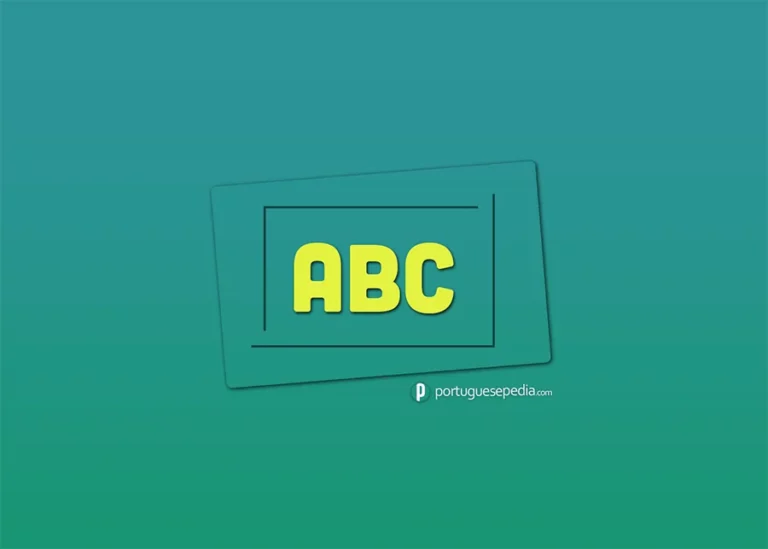
The Portuguese Alphabet
What the Portuguese alphabet looks and sounds like is one of the first things you want to dive into as you start learning the language. The Portuguese…

Portuguese Grammar for Beginners
Are you at the start of your Portuguese language learning journey? If that’s the case, well, spot on! This article was written for beginners just like you.…

Learning European Portuguese vs. Brazilian Portuguese: What You Need to Know
Portuguese is a beautiful and diverse language spoken by millions of people around the world. If you’ve decided to learn Portuguese, you may have stumbled upon the…

Top 10 Apps to Learn Portuguese
Learning a new language is often an exciting and rewarding experience. If you are starting to learn Portuguese, you’re in for a treat. Whether you’re planning travel…

Portuguese Question Words
Intrepid language learners start using Portuguese nearly from day one. I love the attitude and hope you are one of them. Besides bravery, to keep conversations going…

Portuguese Speaking Countries around the World
With over 220 million native speakers, Portuguese ranks as the sixth most spoken language in the world. If we add up those speaking it as a second…
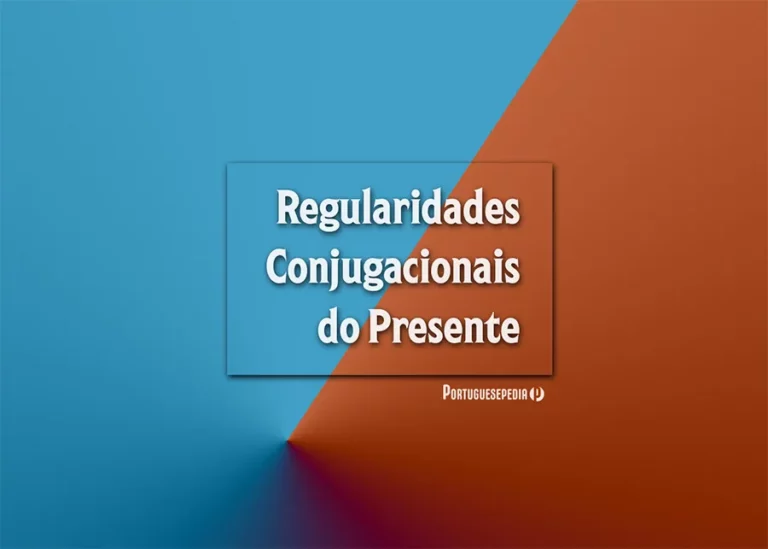
Portuguese Regular Verbs in the Present Tense
Portuguese verbs are indeed more cumbersome to learn than, say, English. Being a Romance language, Portuguese is not short of verb forms to keep track of. Fortunately,…
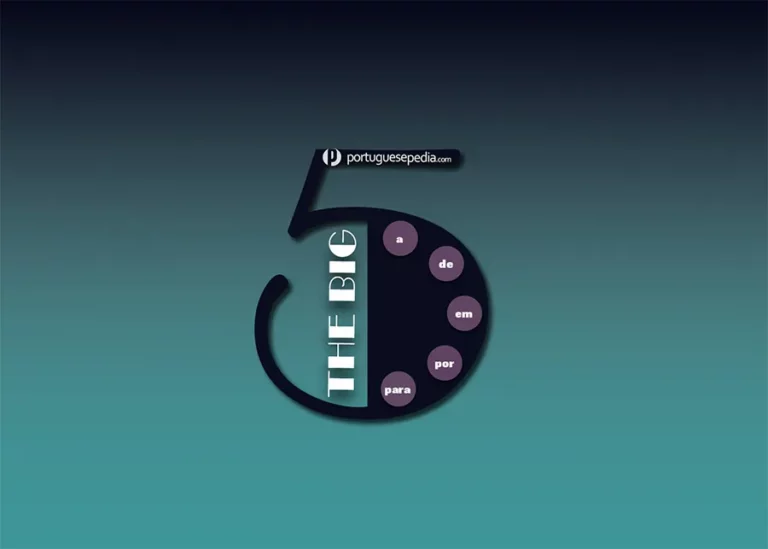
Portuguese Prepositions and Contractions
In general, prepositions have an infamous reputation among language learners. Judging by all the whining and moaning I’ve heard from students throughout the years, Portuguese prepositions are…

Portuguese Irregular Verbs Students Need to Learn as Soon as Possible
Have you noticed that some of the most frequently used verbs in Portuguese happen to be irregular? These verbs are not only high-frequency but they also tend…
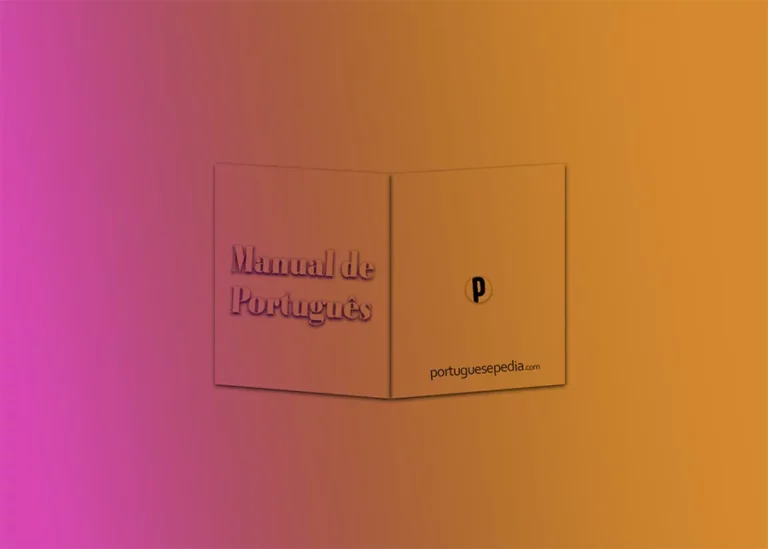
Textbooks to Learn Portuguese – A Few Things to Keep in Mind
Looking for a Portuguese textbook? Access to quality learning resources from day one will help you start your learning journey on the right foot! While having a…
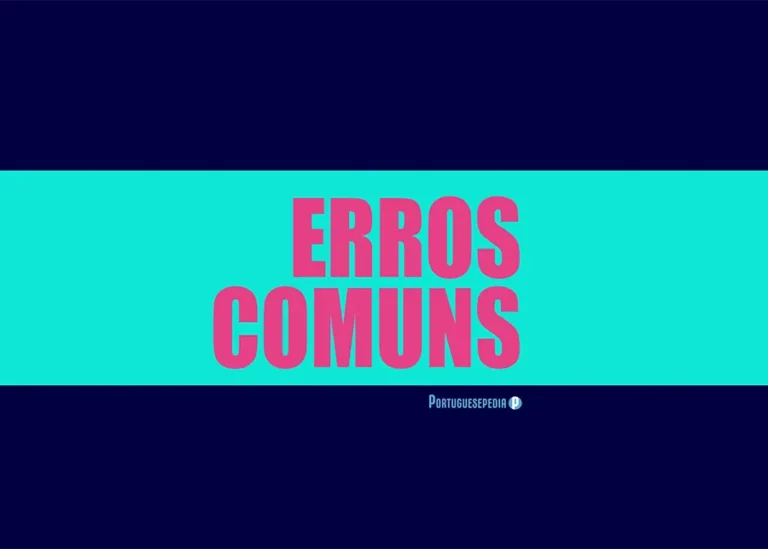
Common Mistakes Portuguese Learners Make
Learning a new language is an exciting journey filled with new sounds, cultural insights, and the thrill of unlocking communication in a new idiom. But like any…

Portuguese Grammar Features You Should Grasp as Soon as Possible
Introduction Understanding the fundamentals of Portuguese grammar can be extremely helpful. In this blog post, I’ll touch on a few relevant aspects of Portuguese grammar that you…
